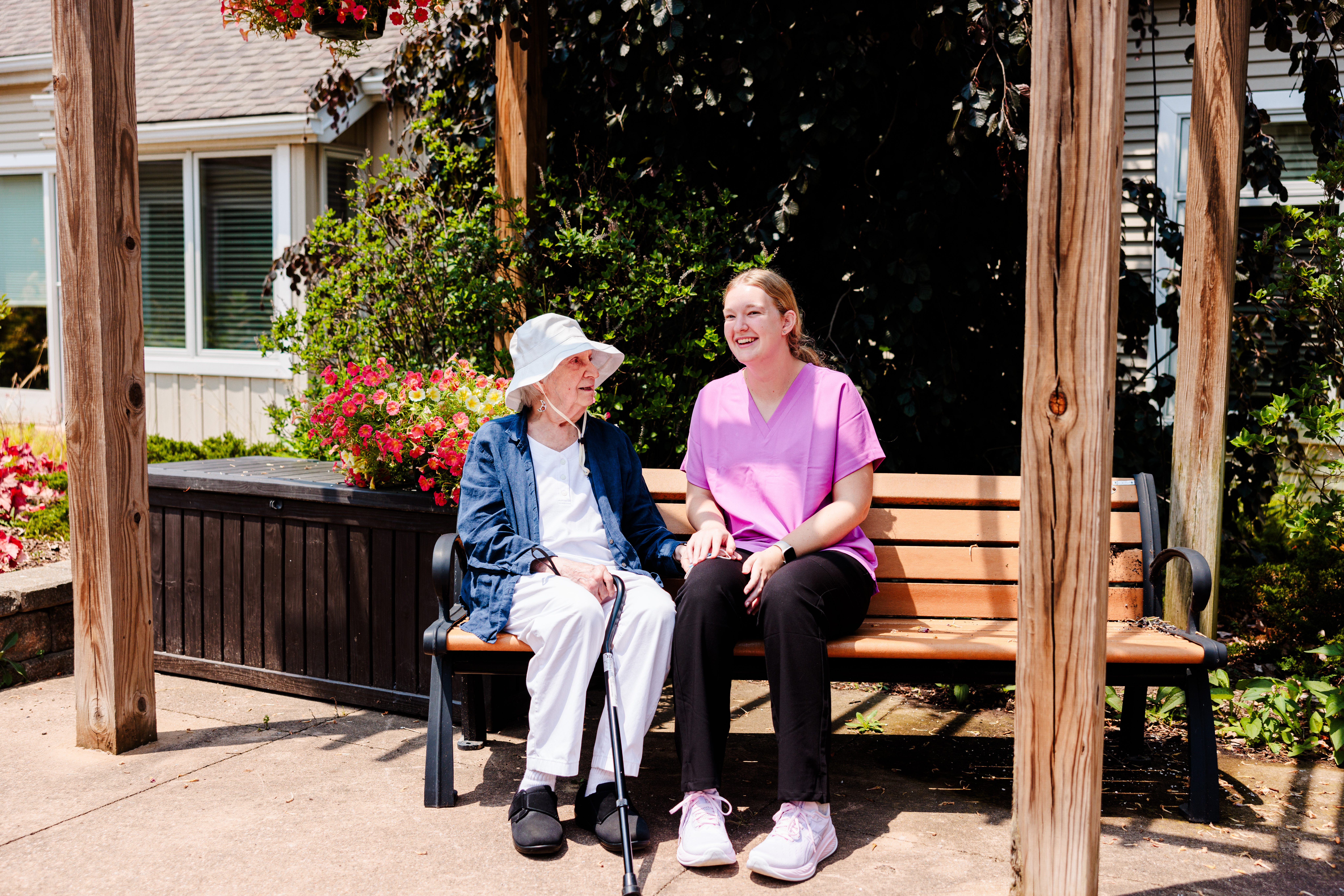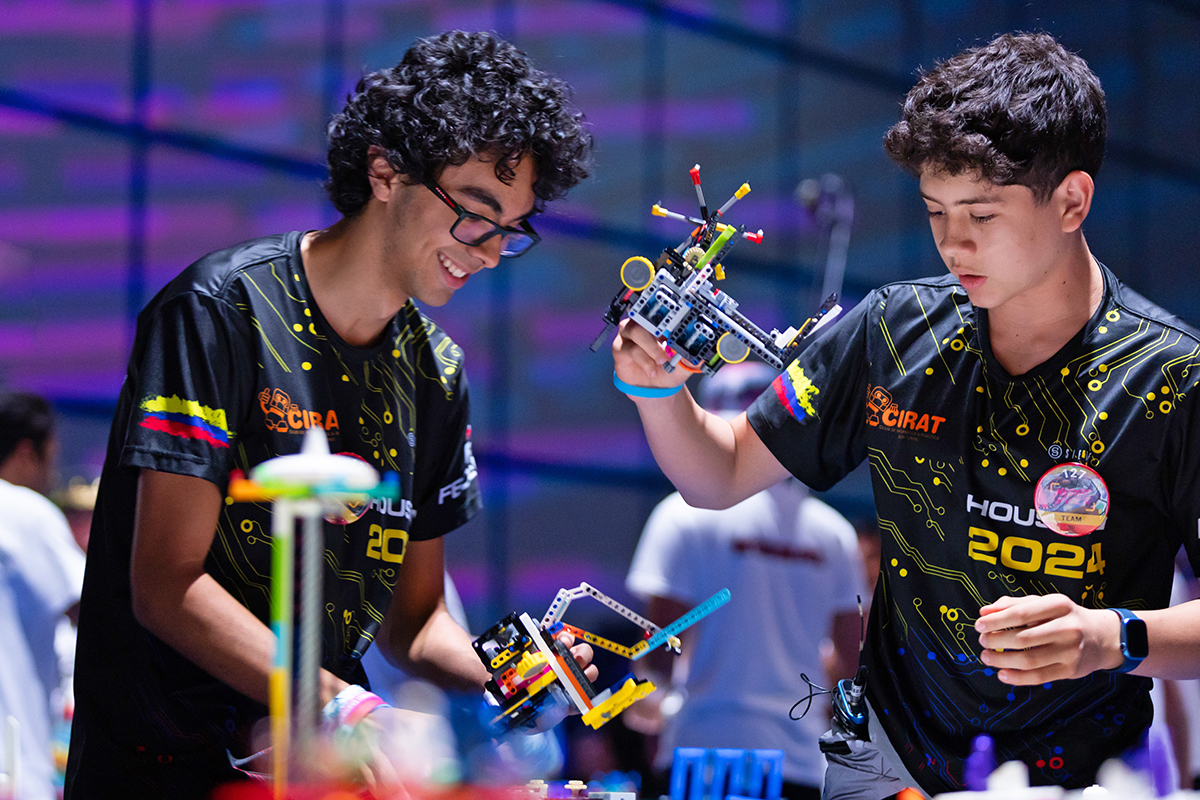How To Talk to Your Children About a World in Crisis
by Abigail Cloutier | Jun. 5, 2020 | 9:00 PM

Your toddler may be sleeping poorly or is irritable. Your elementary schooler might ask you about what they see on TV or is suddenly anxious every time you leave for work. Every day, our feeds are filled with images of protests, acts of injustice and new COVID-19 death tolls. As household stress heightens, Dr. Luis Felipe Amunategui, associate training director in the Division of Child Psychiatry at University Hospitals Cleveland, has some tips on talking to your children during times of great unrest.
Not every family is the same. The conversation you have with your child will be different based on their age. “The younger the child, the simpler the message,” says Amunategui. “First, tune in to your kid’s basic understanding of the world.” Focus on emotions for younger children and discuss more nuanced issues with your older kid. Your family’s reality also influences conversations about social unrest. “African American families have to have conversations with their children that heighten their awareness of the social challenges they face,” says Amunategui.
Don’t avoid discussion. Establish that your children can come to you with their thoughts and feelings. “If you can mention, you can manage,” says Amunategui, referencing a Mr. Rogers quote that stuck with him throughout his education. Teenagers may have thoughts, feelings and opinions on these subjects that may differ from yours. But you can still have healthy discussions. “Help your child articulate their reasoning behind any position they take,” says Amunategui. “Before you start challenging anything, [listen to] their logic. Otherwise, you’ll come across as dismissive.”
You don’t have to know everything. Older kids might have hard questions you don’t know how to answer. If you don’t know something, the best thing you can do is admit that, especially with nuanced issues. “If it makes sense and it’s appropriate, research the question with your child. If not, distill [research] to your child in a way that helps them make sense of the situation,” Amunategui says.
Watch anxiety symptoms. There might be underlying factors compounding stress, like being unable to see friends or go to summer camp. Stress can manifest with trouble sleeping or moodiness. Your child may not know how to express their fears. “Acknowledge the stress, and then you can provide reassurance,” Amunategui says. It’s important to help them develop mastery over their own anxiety and connect the dots between their behavior and feelings.
Take care of yourself. You’re still human. It’s OK to let your child know that you’re stressed — oftentimes, they already sense it. “Your home counts on you to be a source of energy,” says Amunategui. “If you’re running on empty, your house is going to show that. Taking care of everybody [else] does not address the core issue, which is that the engine of this household is sputtering. [Self-care] isn’t selfish. It’s necessary.”
Trending
-
1
-
2
-
3
-
4
-
5










